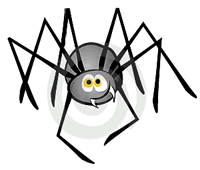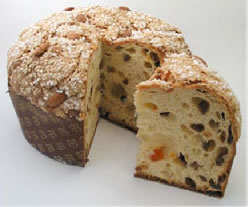
William Caxton introduced printing into England, and also translated a number of literary works from French, Latin and Dutch. Within his translations he used words he picked up while learning and practising his trade in Germany and Belgium, including spincop, from the Dutch spinnekop (spider), and okselle, from the Dutch oksel (armpit).
The English word spider comes via the Middle English spither and the Old English spiþra from the Proto-Germanic *spenthro, which comes from *spenwanan (to spin). Another Old English for spider was gangewifre (a weaver as he goes). In other Germanic languages the words for spider retain the link to spin: Spinne (German), spinnekop / spin (Dutch), spindel (Swedish) and שפּין (shpin) – Yiddish.
When I came across the word spincop it set me wondering whether it might be related to a Welsh word for spider, copyn (also cop, pryf cop(yn), corryn). Does anyone know the etymology of these words?
The Proto-Indo-European root word for spider is *araKsn, and the words for spider in the Romance languages come from this root: aranea (Latin), aranya (Catalan), aranha (Portuguese), araña (Spanish), ragno (Italian).
While okselle didn’t really catch on in Standard English, a related word, oxter, is used in dialects of Northern England, and in Hiberno English and Scots. This word is thought to come from the Old English ōxta, which is probably related to the Old English word axle or axis – eax. The medical term for this part of the body is axilla, which comes from Latin and is diminutive of ala (wing).

